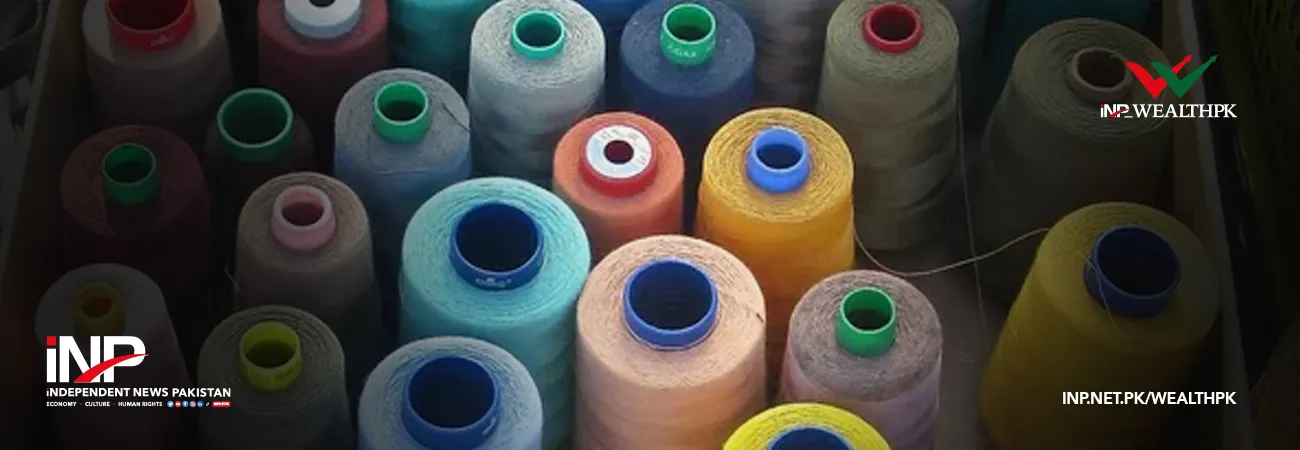INP-WealthPk
Muhammad Saleem
Thousands of workers directly or indirectly engaged by the small and large-scale textile units in Faisalabad – the textile capital of Pakistan – are underperforming due to the lack of training institutes, reports WealthPK. Once, the labour department would impart training to the workers and educate them about their rights, but this practice has been abandoned due to the lack of funds. Talking to WealthPK, Aslam Miraj, an office-bearer of the Labour Qaumi Movement (LQM) representing the textile workers, said nobody was ready to train thousands of workers to build their capacity that will ultimately benefit them and the owners of textile units as well. He said the government had set up a department for training and educating textile workers, but it was no longer functioning due to the paucity of funds. "This department used to conduct awareness sessions. The officials and subordinate staff of this department are still getting salaries in the name of workers' awareness, but practically they are doing nothing," Mairaj said.
He said they had been struggling for years to protect the workers' rights with regard to the provision of social security cards, employment letters, proper wages and education of their children. "We staged protest demonstrations and went on strike many a time to press the government for safeguarding the workers' rights but to no avail. The government must establish multiple training centres, especially for the textile workers, where they can get training on modern lines," he said. Faisalabad has a textile university where different courses are offered to the students; however, the university management has not taken any practical steps for training these workers so far, he added. Ghafoor Ahmed, an industrialist, told WealthPK that the millers also wanted institutions for the training of their workers on modern lines. He said skilled workers was the need of the hour due to the increasing competition in the foreign markets, but the government was doing nothing in this regard. "I had launched a designing academy with my own resources and trained workers, but I had to close it due to the financial crunch," Ahmed said.
Trained workers are the backbone of any industry and they perform their tasks efficiently, but currently in the textile sector, there is no institution available to impart training on modern lines, he added. "Owing to the lack of awareness about their rights, the workers face the wrath of owners even on minor issues. Therefore, training institutions are mandatory to equip the workers with modern skills and educate them about their rights," he said. "Lack of training institutions favours the owners a lot, as they exploit the uneducated workers with impunity," Imran Ali, a powerloom worker, told WealthPK. He said in the past some owners would mistreat the workers, but despite providing ample evidence, the departments concerned never took action. However, he said, the situation had changed now and the owners were no longer employing such tactics due to the workers union. Unity of workers and owners is the only solution to run a business smoothly, he opined. Imran admitted that he and thousands of other workers were performing their tasks without training. He said trained workers produced good results, which ultimately improved the quality of products, bringing more revenue. Aslam Miraj said they were ready to join hands with the government and industrialists for the workers' education and training.
Credit: INP-WealthPk













